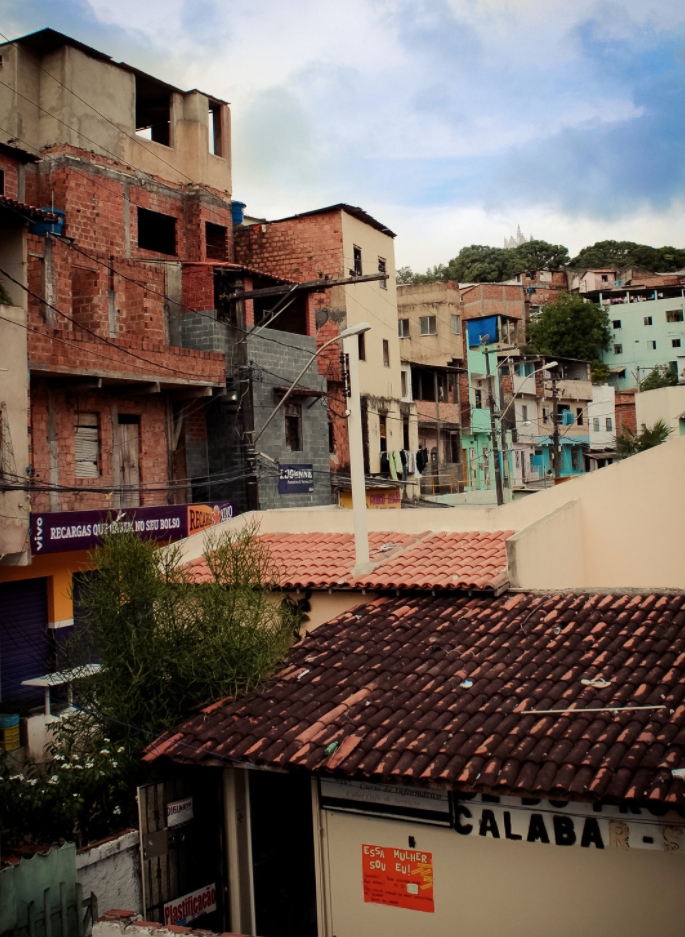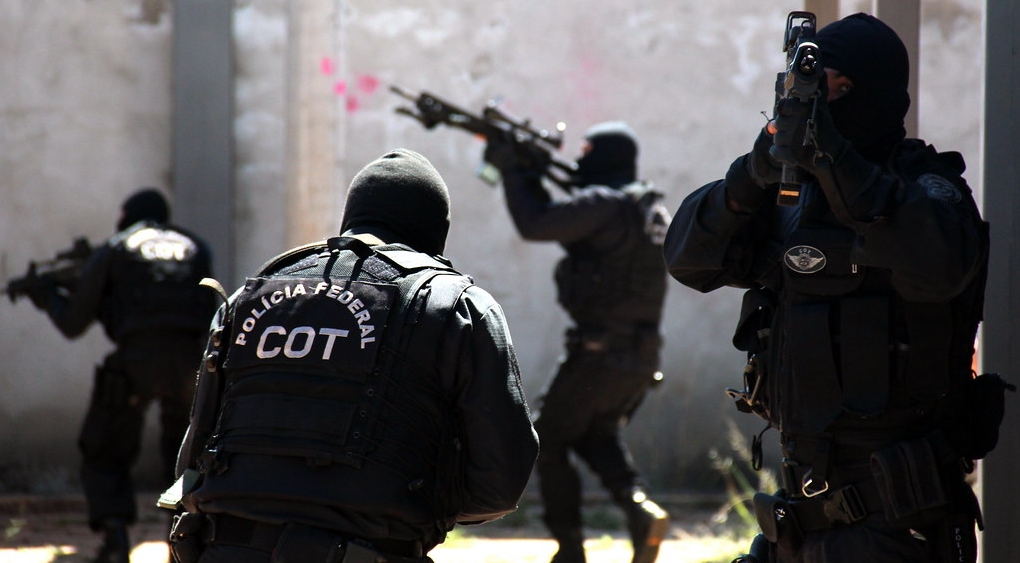Police violence is a constant in Latin America, as a legacy of authoritarian regimes and the militarization of the police. According to a report by the United Nations Office on Drugs and Crime (UNDOC), Brazil is the country with the second highest homicide rate per 100,000 inhabitants, only surpassed by Venezuela. In this scenario, the recent operation in the favela of Jacarezinho, in Rio de Janeiro, is an emblematic example of the brutality of the security forces.
In April 2020, according to data from the Institute of Public Security (ISP)deaths due to police actions in the state of Rio de Janeiro increased by 43% compared to the previous year. Under Governor Wilson Witzel’s administration, civilian and military police killed 117 people, almost six per day, making that month the deadliest in police killings since data gathering started in 1998, second only to July 2019.
Less than a year later, on March 6, 2021, 27 youths were killed during a Civil Police operation in the Jacarezinho favela, in what became the deadliest operation in Rio de Janeiro’s history. In charge of managing the operation this time was Governor Cláudio Castro, who had taken office less than two weeks earlier due to Witzel’s dismissal for corruption.
Both episodes, although separated by a year, can be linked as they occurred in the midst of a pandemic that, on the day of Operation Jacarezinho, had already killed more than 400,000 Brazilians.
Performance of the security forces during the pandemic
The pandemic authorized the suspension of a series of daily activities in the name of preserving life. A court order issued by the Supreme Federal Court in June 2020 limited police operations in Rio de Janeiro’s favelas during the pandemic to “absolutely exceptional” cases. So why, then, instead of decreasing, has police violence intensified, resulting in almost 800 deaths so far?
The answer is certainly not to be found in the “war on drugs”, which so far has not ceased to demonstrate its failure to reduce trafficking and consumption by dismantling criminal networks and seizing illicit substances. Much less in the moralistic justification of investigating the seduction of children and adolescents by drug trafficking offered by the police corporation.
In the end, what kills, whether in April 2020 or May 6, 2021, is racism. Racism drives the “war on drugs”, whose objective is not related to its stated goals, but framed by the social markers of race, gender, class and territory constructed within the framework of a society forged by slavery.

The police power to kill was not suspended during the pandemic precisely because this power occurs daily as an essential activity of the state. And just as the State defined the opening of markets and pharmacies as its essential activities, it also continued to define the “war on drugs” as its essential activity. For it is through this that the State continues to fulfill its most essential function, that of discriminating who should live and who should die, and performatively, noisily and bloodily demarcating the unequal distribution of the value of lives.
It is through the “war on drugs” that the State continues to delimit which is the “cheapest meat on the market”, as denounced in the song “La Carne” in the voice of Elza Soares.
If, on the one hand, the Witzel government called on the cariocas to unite around the war against the Covid-19 virus, on the other hand, this same State divided society into combatants and enemies of the war on drugs. In the latter, the State was authorized by the governor to directly target the “little head” of a specific segment of the population living in the favelas and peripheries of the city.
This segment found itself in a crossfire, victim of two “wars”, one in which it was called upon to fight and cooperate with the State to flatten the curve of the virus and another much more familiar one, in which it has always been the target of the State’s deadly actions.
The structural necropolitics of the Brazilian State
What we saw on May 6 was one more chapter, the most lethal, of this state project of necropolitics which, as the Cameroonian author Achille Mbembe shows us, is aimed at causing death. The production of death is not caused by deviant policemen, by accidents on the road or by unforeseen results, but by systematic and routine state actions that cannot be suspended even in the midst of the pandemic.
Both Witzel and Castro chose not to externalize the power of death to a virus, which, while falling disproportionately on vulnerable segments of the population, kills in a manner too broad and decentralized for their tastes.
For racialized segments of the Brazilian population, normality has always coexisted with police truculence and the logic of war against their territories. The deaths resulting from the police action in Jacarezinho show that the most essential pact for the State is the asymmetric pact that dehumanizes an important part of its population and authorizes the “war on drugs”.
This pact is so deeply rooted in the Brazilian State that any initiative that seeks to suspend it, as was the case of the injunction granted by the STF, is circumvented and becomes an object of “mockery”. In fact, the name given to the operation in Jacarezinho, “Exceptis” or Exception, was qualified by several entities, among them the Public Defender’s Office of the State of Rio de Janeiro, the Papo Reto Collective, Redes da Maré and Justiça Global, as a “mockery” of the restriction of police operations during the pandemic, “except in situations of absolute exceptionality”.
The message given by the operation taken as legitimate by state agents, police, governor and president, was that it is not the law that defines normality and exception in relation to peripheral territories, but brute force.
Through the use of excessive and disproportionate force, contrary to the rule of law, the agents of the State, while mocking the law, said in a loud and perverse tone that there, in the space of the favela, the state of exception is permanent and normal. This is the same as saying that for the State there is a normality that cannot be quarantined, that cannot give truce: the genocide of black, poor and favela youths.
*Translation from Spanish by Emmanuel Guerisoli











